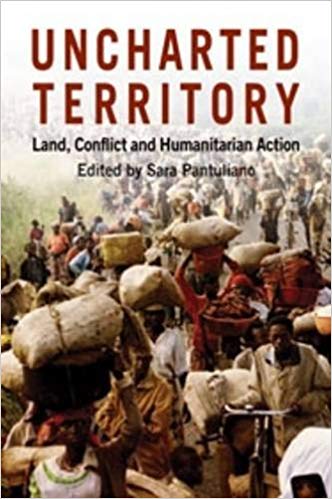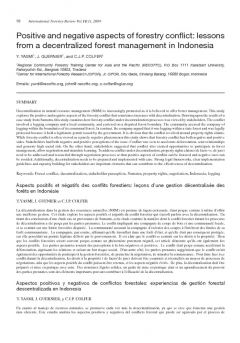Saving liberal peacebuilding
Liberal peacebuilding has become the target of considerable criticism. Although much of this criticism is warranted, a number of scholars and commentators have come to the opinion that liberal peacebuilding is either fundamentally destructive, or illegitimate, or both. On close analysis, however, many of these critiques appear to be exaggerated or misdirected.











